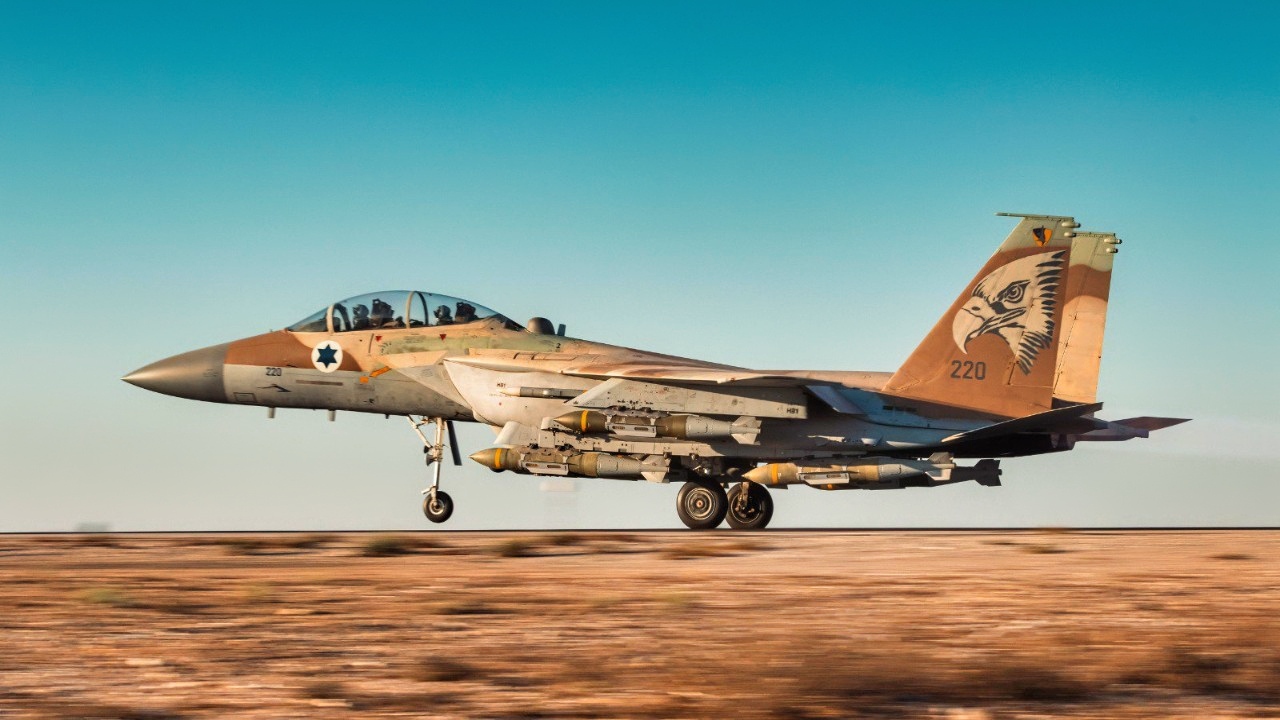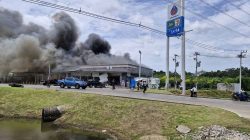The Tenuous Ceasefire Between Iran and Israel Faces a Crisis
The fragile ceasefire between Iran and Israel appears to be on the brink of collapse, with recent developments suggesting that tensions could escalate into another full-scale conflict. A series of mysterious fires and explosions have been reported across Iran, prompting speculation that these incidents may be part of a coordinated Israeli sabotage campaign.
Iranian officials have not publicly attributed the attacks to Israel, but they have privately expressed concerns about the possibility of Israeli involvement. This cautious approach is likely aimed at avoiding direct confrontation, which could lead to an open war. Despite this, Iranian President Masoud Pezeshkian has made it clear that the country is “fully prepared” for another war if necessary.
Unexplained Incidents Spark Concerns
According to reports from the New York Times, the incidents include fires and explosions that have affected various locations in Iran, such as apartment complexes, oil refineries, and even a shoe factory. These events have raised alarms among Iranian officials, who are considering the possibility of sabotage. However, they have not provided concrete evidence to support their claims, acknowledging that other factors such as gas leaks or aging infrastructure could also be responsible.
A European official who works with Iran has also suggested that the attacks may be acts of sabotage, pointing to Israel’s history of operations in the region. This adds to the growing concern that the situation could spiral out of control.
Mossad’s Continued Operations
Israel’s intelligence agency, Mossad, has indicated that it will continue its operations within Iran, even after the recent ceasefire. David Barnea, the director of Mossad, has warned that the current situation is not a true ceasefire but rather a “fragile suspension” of hostilities. He emphasized that the situation remains volatile and that any sudden change could lead to renewed conflict.
Senior advisor to Iran’s head of Parliament, Mahdi Mohammadi, echoed these sentiments, stating that the situation could quickly deteriorate. He highlighted the unpredictability of the events and the potential for a return to war at any moment.
Mysterious Death Raises Questions
In addition to the ongoing security concerns, there is also the matter of the recent death of Brig. Gen. Gholamhossein Gheybparvar, a deputy commander of the Revolutionary Guards. His death was officially attributed to complications from chemical weapons injuries sustained during the 1980s war with Iraq. However, many Iranians have questioned the circumstances surrounding his passing, adding to the sense of uncertainty and unease.
Iran’s Stance on Nuclear Program
In a recent interview with Al Jazeera, Iranian President Masoud Pezeshkian reaffirmed the country’s commitment to uranium enrichment, despite international pressure and threats of renewed sanctions. He expressed skepticism about the effectiveness of the ceasefire following the June conflict, stating that Iran is fully prepared for any potential military action by Israel.
Pezeshkian emphasized that Iran’s armed forces are ready to strike deep inside Israel if needed. He also criticized Israel for its actions, noting that both sides have inflicted significant damage on each other. However, he stressed that Iran would not accept threats or dictates from any external power.
Regarding the nuclear program, the president stated that Iran’s capabilities are not limited to physical facilities but are also present in the minds of its scientists. He reiterated the country’s position on nuclear weapons, aligning with the view that Iran should not possess them, while still maintaining its right to peaceful nuclear development.
Ongoing Tensions and Uncertainty
As discussions with European powers continue, the situation remains highly volatile. The potential for renewed conflict looms large, with both sides signaling that the fragile ceasefire could end at any moment. The combination of unexplained incidents, continued intelligence operations, and the unresolved nuclear issue creates a tense atmosphere that could easily spiral into open warfare.
With the region on edge, the international community watches closely, hoping for a resolution that can prevent further escalation. For now, the path forward remains uncertain, and the risk of another war between Iran and Israel continues to grow.







